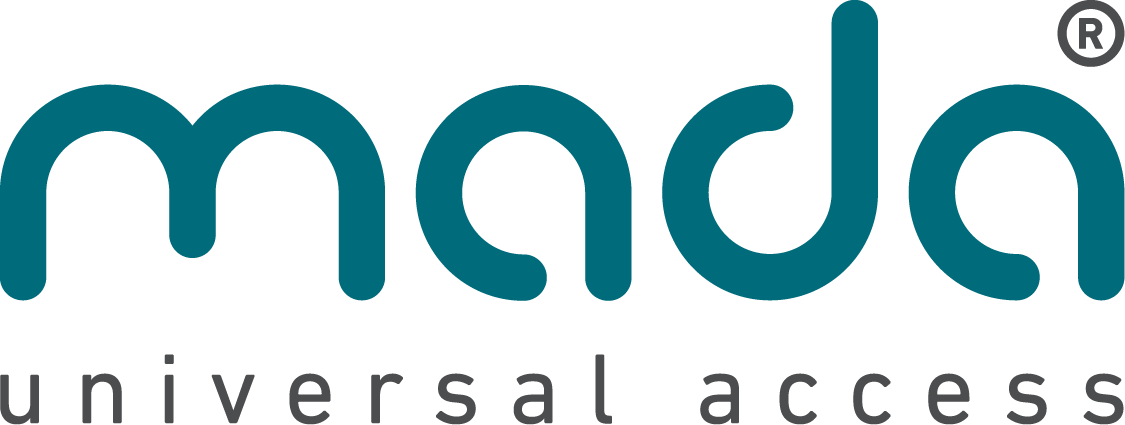Mada Assistive Technology Center of the Ministry of Social Development and Family launched the first edition of the quarterly event “Nafath Majlis” under the title “Interdisciplinary Synergies: Pioneering Advances in Assistive Technologies and Digital Accessibility,” under the sponsorship of the University of Doha for Science and Technology (UDST).
In a statement on Saturday, the center highlighted that this event sheds light on topics related to digital accessibility and assistive technology, improving digital inclusivity and enabling people with disabilities to live independently and integrate into all aspects of life. The Nafath Majlis is held quarterly through a series of events, workshops, seminars, and discussions before the release of the quarterly “Nafath” journal, showcasing the latest research and relevant scientific papers.
The “Nafath” journal highlights the latest developments in innovation, digital accessibility, and assistive technology worldwide. The Nafath Majlis serves as a platform for presenting, discussing, and exchanging experiences about these developments, bringing together technology professionals, innovators, experts, researchers, and specialists in the field. It also provides an opportunity for interested students to expand their knowledge and explore the latest technological innovations through interactive workshops, enabling them to discuss topics presented by official speakers.
Acting Manager of Digital Access Programs at Mada Center, Amna Al Mutawa, stated that the Nafath Majlis seeks to attract those interested in digital accessibility, assistive technology, and the developments of the fourth industrial revolution to serve people with disabilities. She emphasized that hosting this event stems from the center’s belief in raising community awareness, particularly among web and software developers, about the importance of making their digital platforms accessible to people with disabilities by complying with digital content accessibility standards.
Dean of the College of Computing and Information Technology at UDST, Dr. Zakaria Maamar, emphasized the university’s role as an applied institution in recognizing the importance of technology in education and its significant capability to support students with disabilities by investing in this power for the benefit of the community and particularly its students. The university campus relies on various assistive technologies, alternative formats for course materials, and many other techniques, not only to comply with digital accessibility but also as bridges to knowledge, enabling students to engage in their studies in ways that suit their individual needs.
The first edition of the Nafath Majlis focuses on specific topics that will be highlighted in the upcoming issue of the “Nafath” journal. These sessions and workshops will provide a deeper exploration of the challenges hindering people with disabilities from accessing certain digital classifications, websites, and smart applications. They will also discuss ways to develop and adapt digital content to be more inclusive, thereby reducing the digital divide for people with disabilities.

